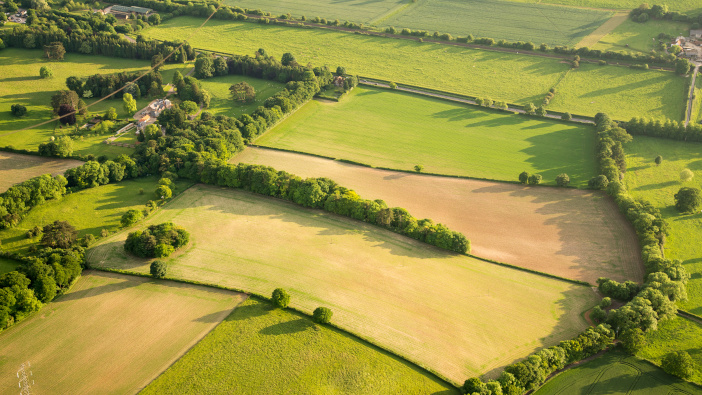Government must put its money where its mouth is on sustainable farming in the autumn budget, according to the Country Land and Business Association (CLA).
Bolstering the farming budget will be key to kickstarting long-term growth in the rural economy and delivering environmental targets. It believes that the budget should be increased to £3.8bn a year by 2027/28 to provide certainty during the post-Brexit transition.
The increase from £2.4bn, with a £1bn budget for Wales, would be the first of its kind since 2014, despite the spikes in inflation, major shifts around food security and recognition of the environmental challenges.
President Victoria Vyvyan said: “Landowners can feed the nation and improve the environment – but they can’t do it on a shoestring budget. Now is the time for a budget reset. Without the right economic, regulatory and political conditions, farmers will be unable to deliver on the multitude of societal demands that ultimately fall on them.
“The CLA applauds the government’s ambition to reverse the decline in nature, pave the way to a net zero society, create homes and jobs in the rural economy, clean up rivers and stimulate health and wellbeing by encouraging community engagement on our farms – with the right budget.
“Many CLA members are already well along this journey – but we need to know the government’s ambition is real and not just a good soundbite. Achieving their aims costs money, and the Treasury must put its money where its mouth is.”
The CLA outlines a ringfenced agriculture budget, which covers three main programmes:
- The Environmental Land Management (ELM) programme, looking at new and existing schemes to incentivise and reward actions that contribute to the Environment Act targets. For example, the Sustainable Farming Incentive (SFI) is the cornerstone of payments for public good, and we estimate it will cost £1.5bn by 2027/28. High take-up of the various schemes will be crucial if the Environment Improvement Plan 2023’s targets are to be met.
- The Nature for Climate programme, which covers woodland creation and peatland restoration.
- The rural productivity, resilience and food security programme, covering areas such as technology availability and uptake, skills, training, research and innovation.
Victoria added: “The CLA believes that ELM schemes have the potential to lead the world in creating a sustainable agriculture and environment policy, and we support the direction of travel.
“But with BPS payments disappearing, farming businesses must not face a financial cliff-edge. The new government says it wants to support farmers and boost Britain’s food security, and now is the time to put their money where their mouth is and back them to grow food and improve our environment.”


